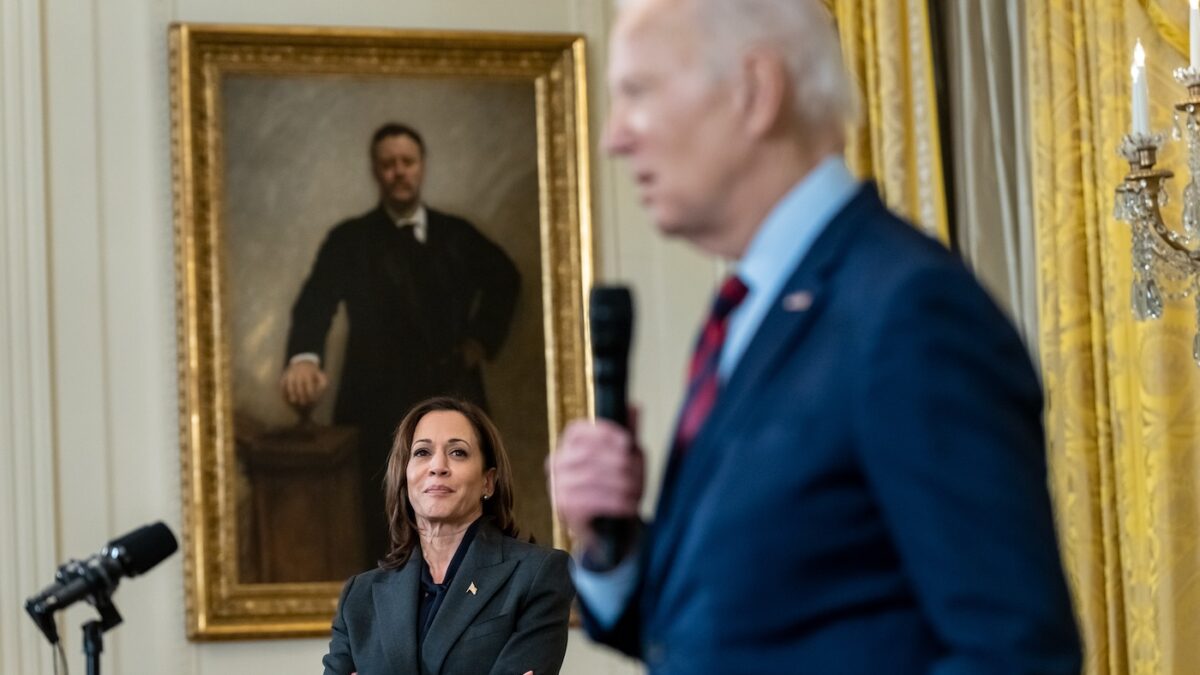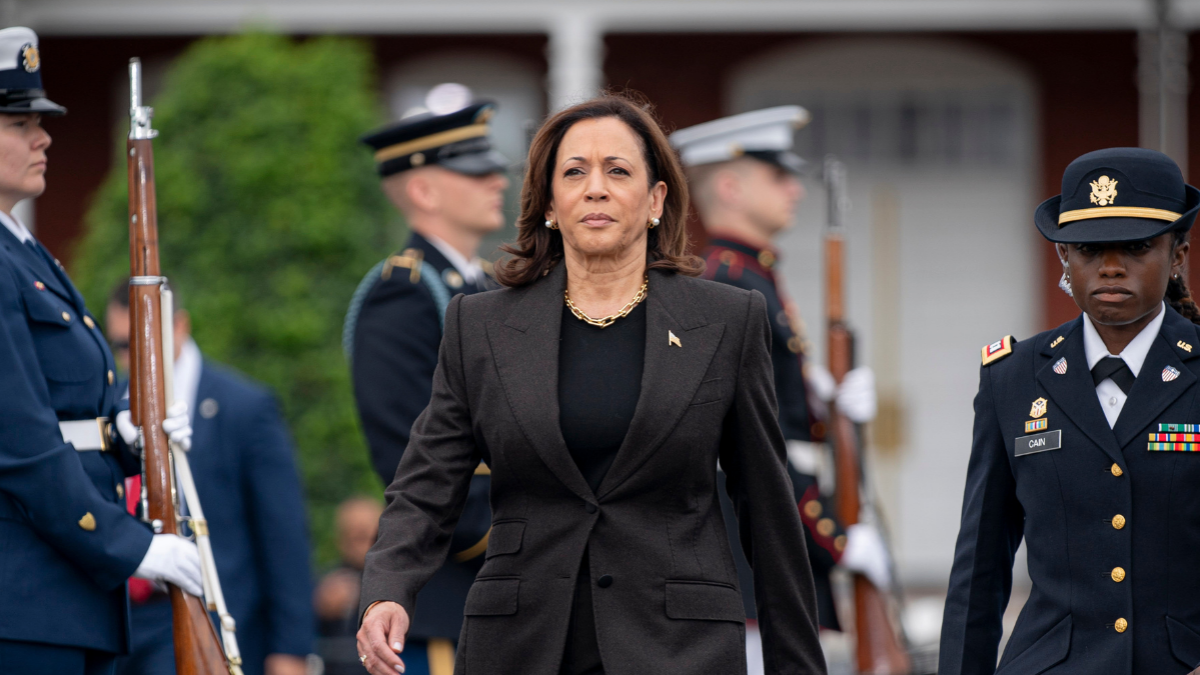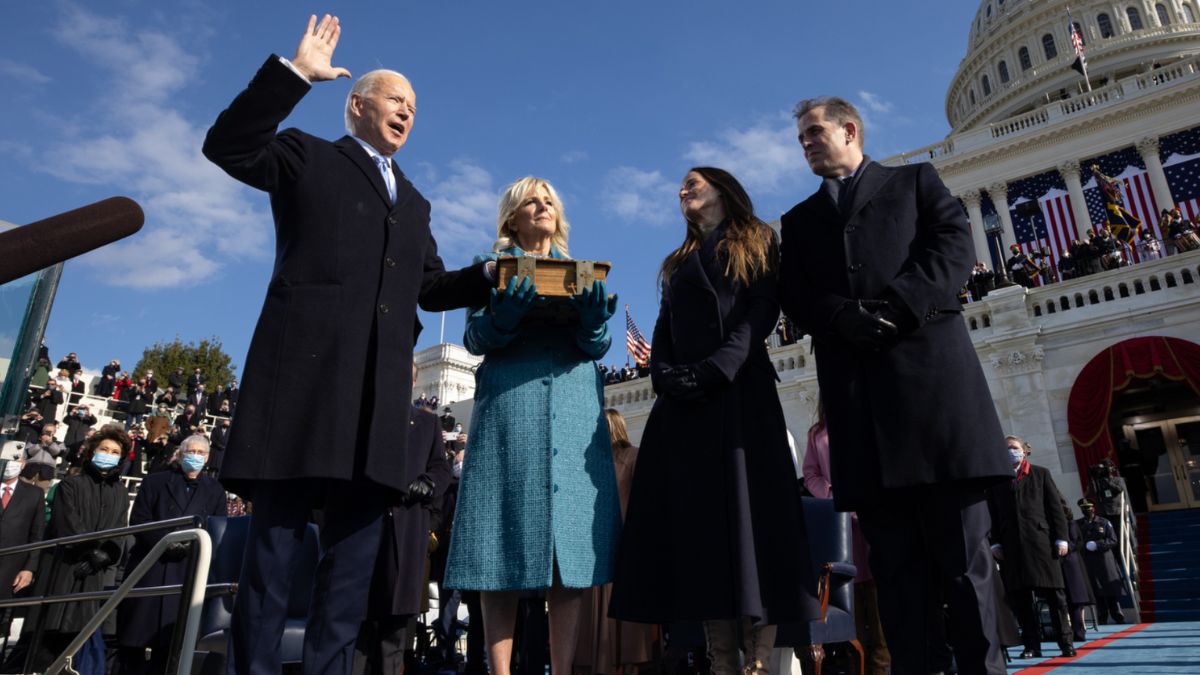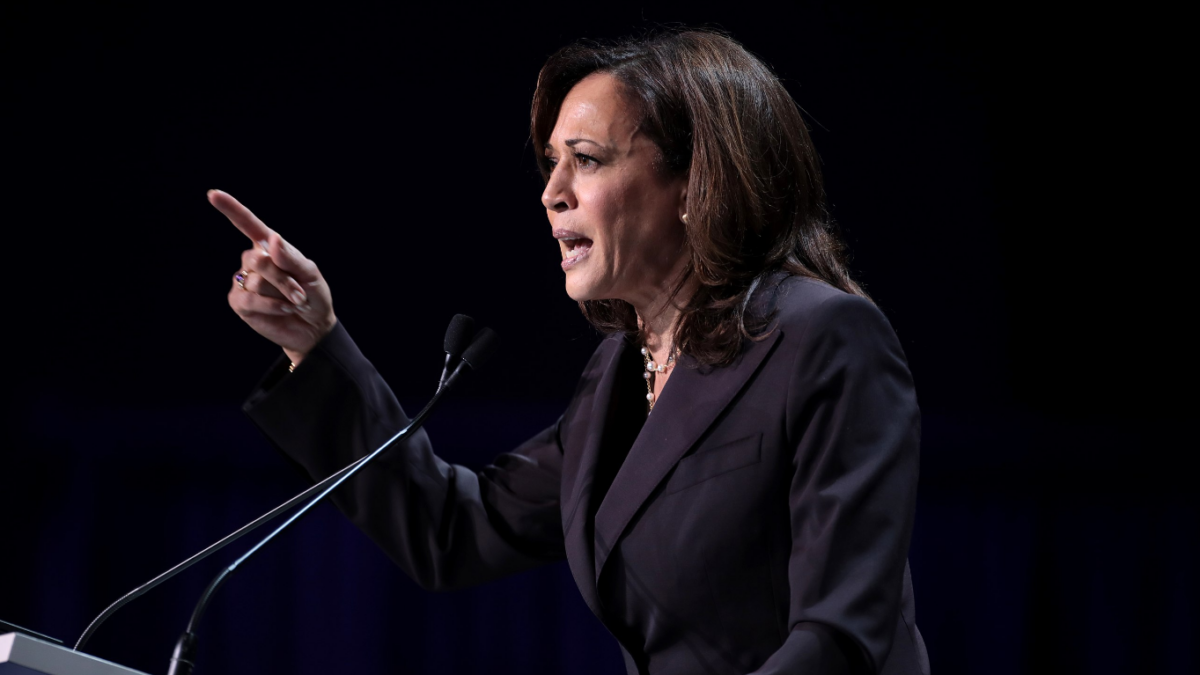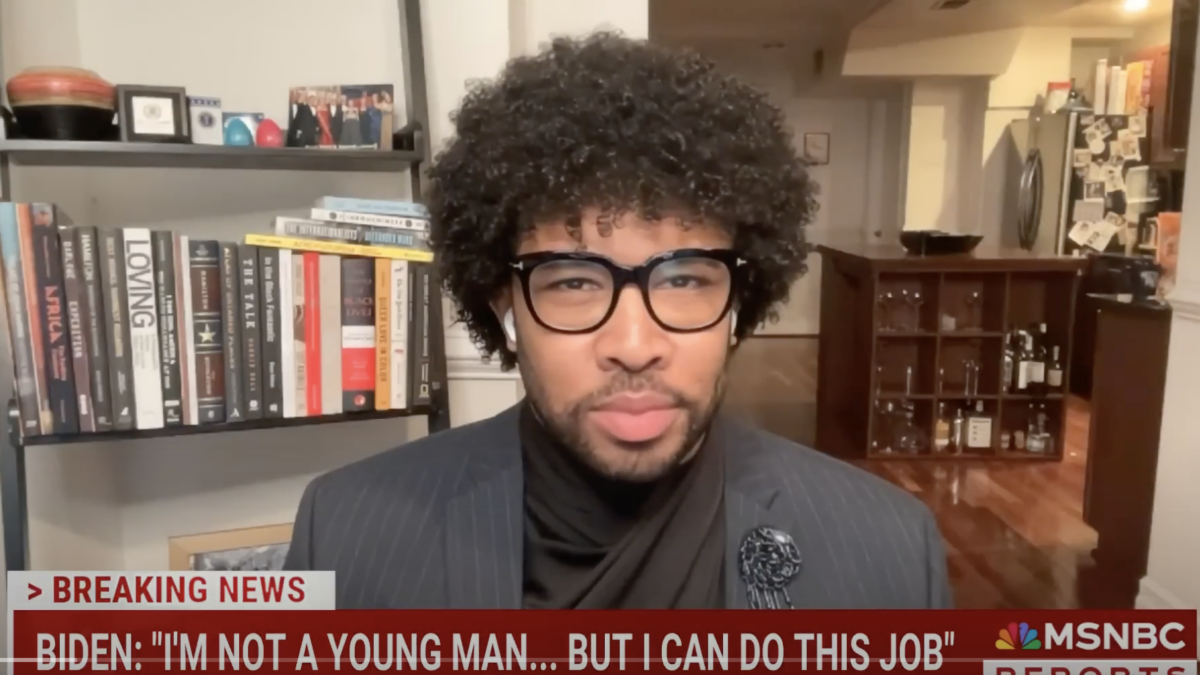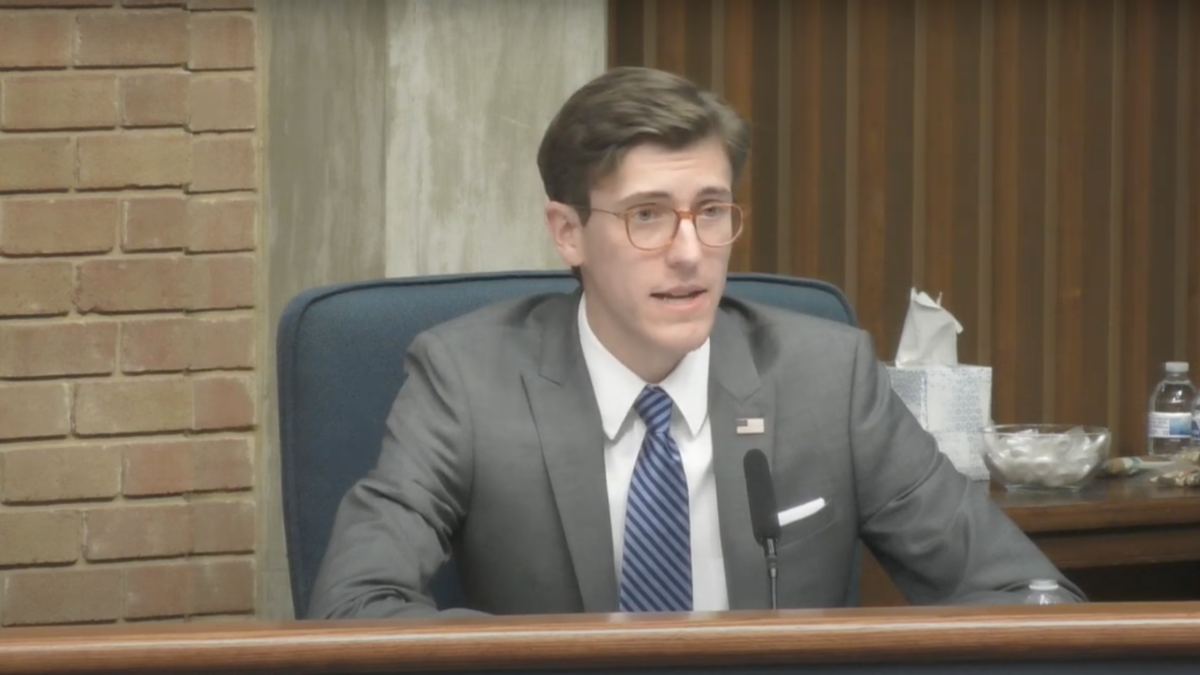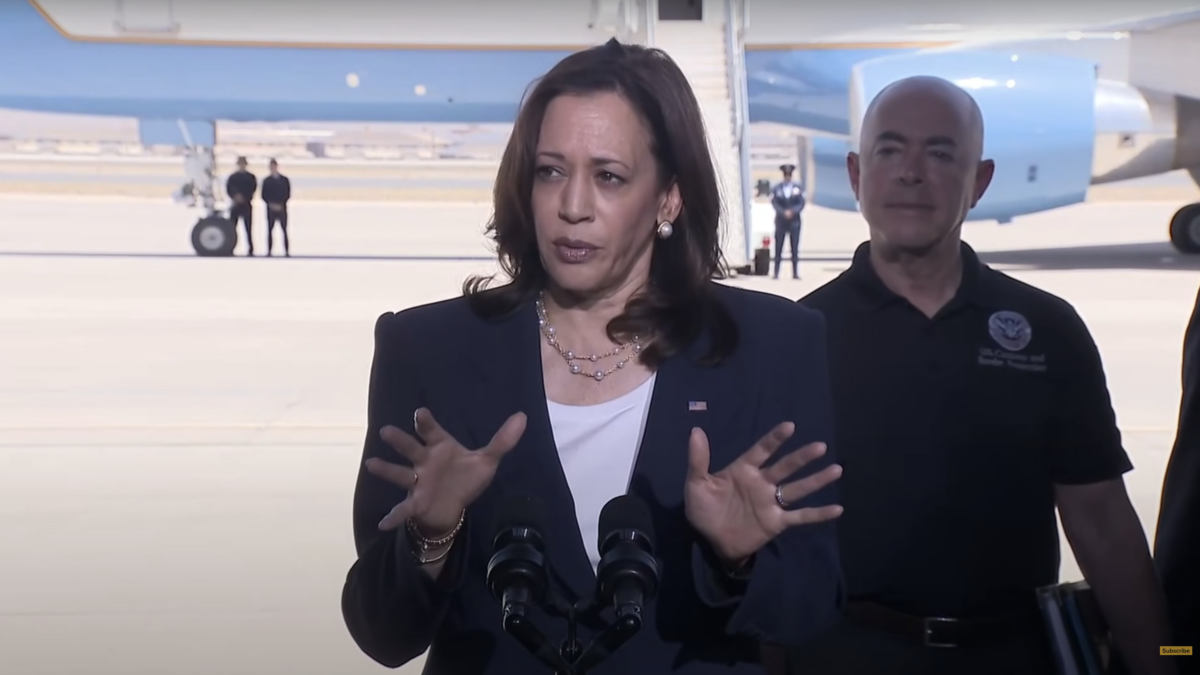Joe Biden’s performance in the recent presidential debate allowed Democrats to say the quiet part out loud and begin to express public doubts about renominating the current president amid clear signs of his physical and mental decline. But those concerns should range far beyond the (understandable) worries about Vice President Kamala Harris ascending to the presidency.
With margins in Congress razor-thin over the past several years, a vacancy in the presidency could alter the balance of power in the legislative branch as well. Few people appear to have spent time going beyond the idea of replacing a president midterm to analyze the implications of confirming a replacement vice president.
Loss of Party Control
Consider the situation in January 2021 at the time of Biden’s inauguration. In addition to capturing the presidency, Democrats retained control of the House of Representatives by a narrow 222-seat majority. Because Senate control was a 50-50 tie following the two Georgia runoff elections that month, Democrats regained the majority when Harris took the oath of office as vice president.
At the time of his 2021 inauguration, Biden became the oldest president in American history. If something had happened to his health during the 117th Congress, the consequences would have ranged far beyond putting Harris in the Oval Office.
Section 1 of the 25th Amendment clearly states that upon the death of the president, “the Vice President shall become President,” meaning Harris would have become chief executive immediately.
But elevating Harris to the presidency would have made the office of vice president vacant — and in so doing, created a pure 50-50 split in the Senate, where no party has a majority.
The 25th Amendment provides a process for nominating a new vice president, “who shall take office upon confirmation by a majority vote of both Houses of Congress.” But in this scenario, with an evenly divided Senate, Democrats would have had to obtain at least one Republican vote to confirm a new vice president.
Under these circumstances, senators would have faced difficult cross-pressures. For national security reasons, leaving the vice presidency vacant for an extended period (i.e., until the next presidential election) would range from risky to dangerous, given growing threats overseas from nations such as China and Iran. But any Senate Republican who voted to confirm Harris’ replacement — and in a 50-50 Senate, at least one Republican would have had to do just that — would have come under withering and instantaneous attack for giving Democrats a tie-breaking vote to use to ram controversial legislation through Congress.
One solution to this dilemma would see Republicans agree to support a consensus nominee for vice president, such as one with broad bipartisan backing, in exchange for some Senate power-sharing agreement that would prevent Democrats from using the new vice president’s tie-breaking vote to ram through a partisan agenda (i.e., the kind they spent much of 2021-22 enacting). But even this scenario would prove dissatisfying to many Democrats, who would doubtless object to Republicans taking advantage of a president’s death for partisan gain, by forcing Democrats to give up control of the Senate.
‘Black Swan’ Event?
While this type of scenario has not received much if any publicity, it has an air of realism about it. In fact, given the polarization across the country and the tightness of the November election, either party could find themselves facing a situation where only the vice president’s tie-breaking vote keeps them in control of Congress.
Control of the House of Representatives appears on a knife edge, with either party likely to have a margin of only a few representatives when the next Congress convenes in January.
Although Republicans have more opportunities to pick up Senate seats than Democrats and are virtually assured of picking up the seat of retiring Sen. Joe Manchin, Democrats appear to have leads in most of the other contests, meaning they could hold onto 50 Senate seats, with control of the vice presidency determining which party controls the Senate.
While Donald Trump is several years younger than Biden, he would be older when taking office in January 2025 than Biden was upon entering the presidency in January 2021 and would be older at the end of his term than Biden is today.
Control of the Senate, and unified control of Congress, could come down to which individual occupies the office of vice president. This is a polite way of saying that a decline in the health of the two oldest major-party candidates to run for president, by simultaneously upsetting that partisan balance, could take the country into uncharted constitutional and political territory.
